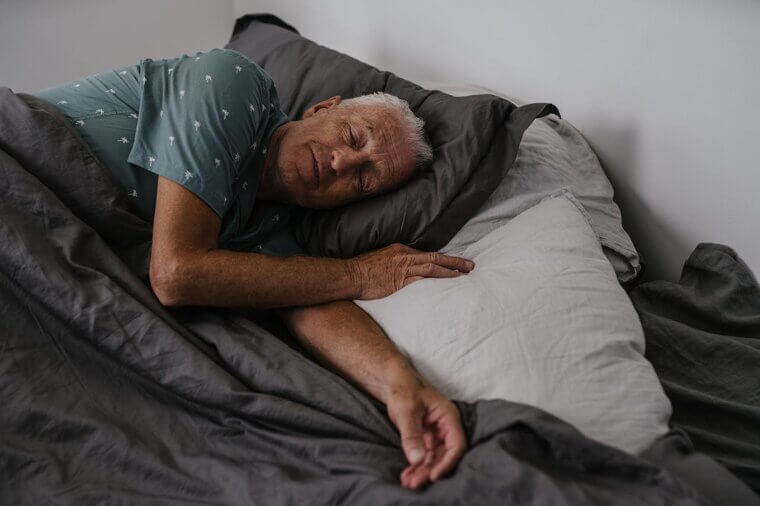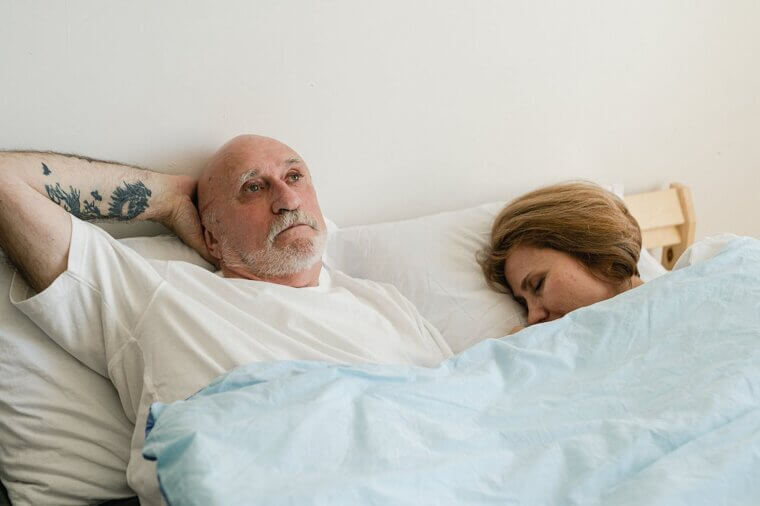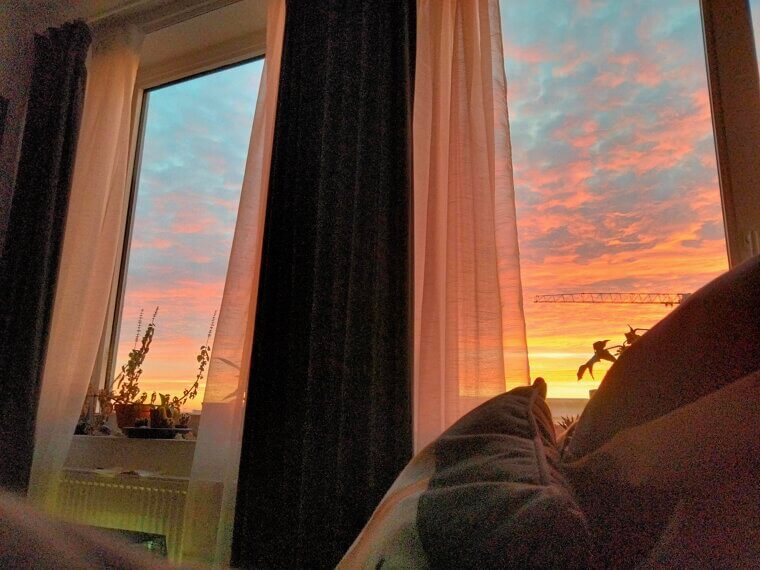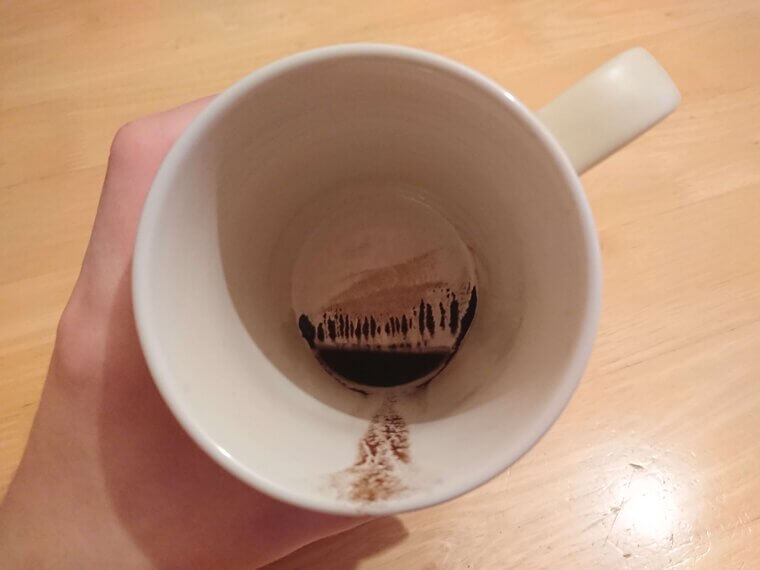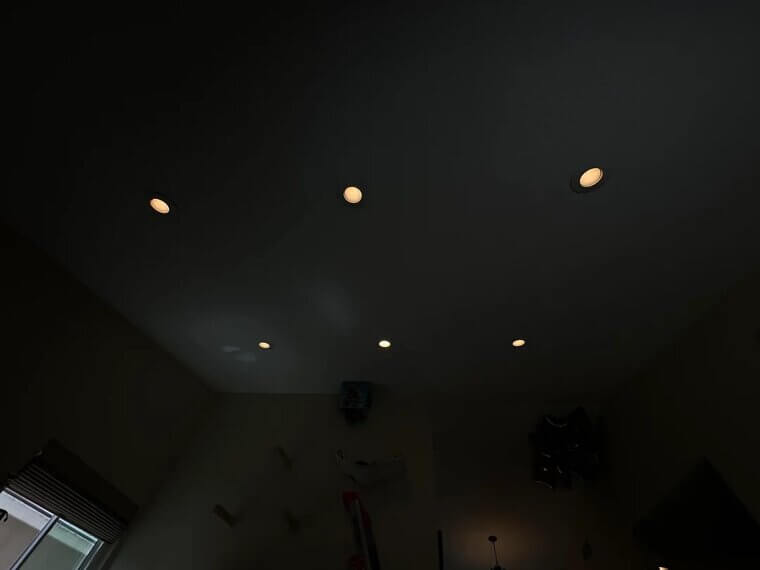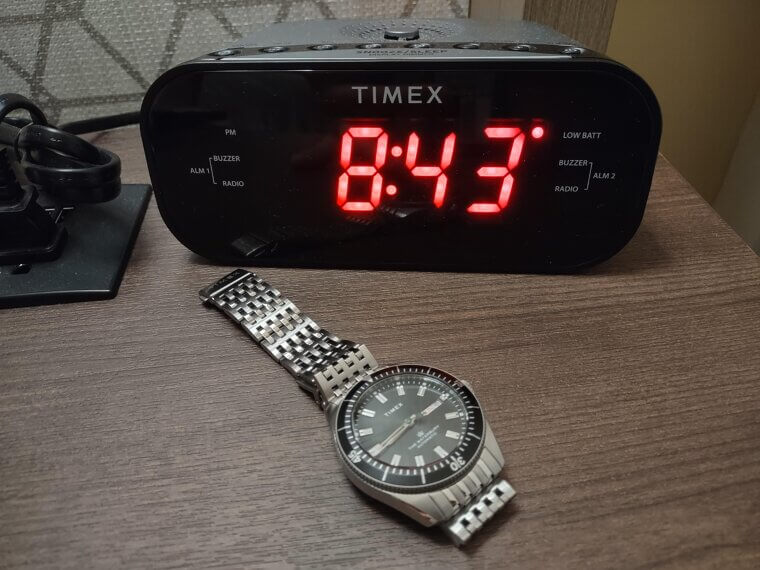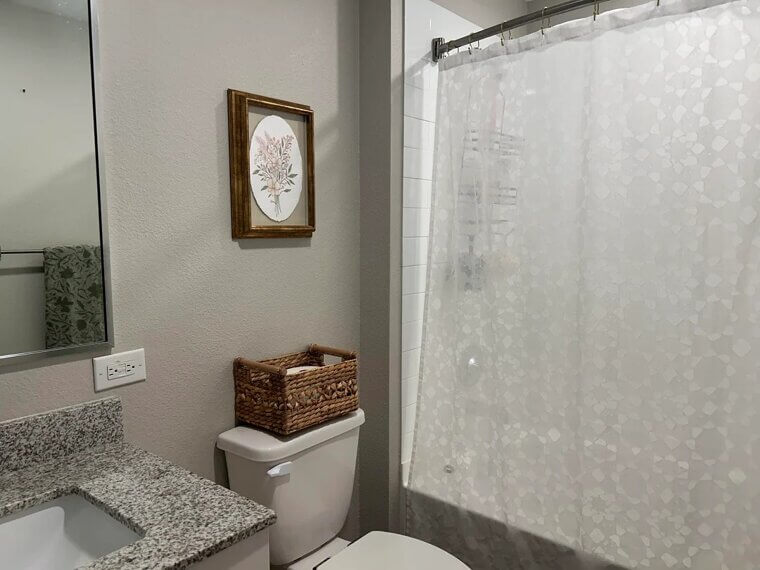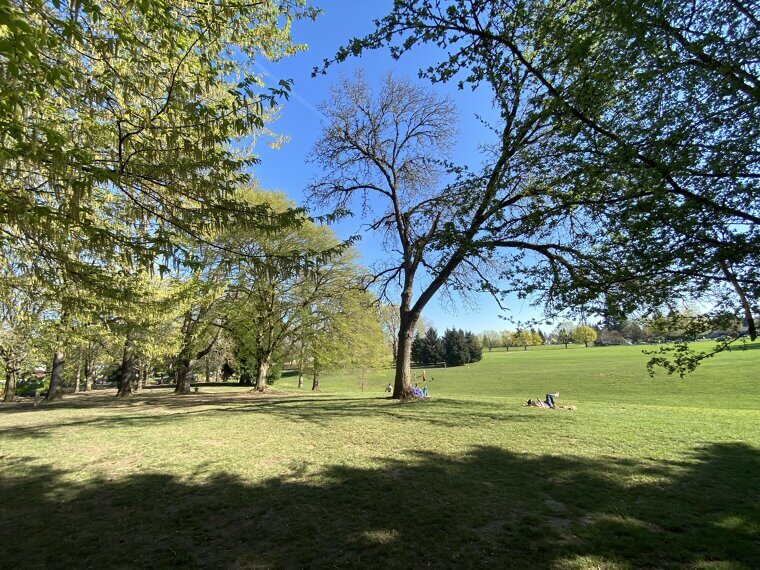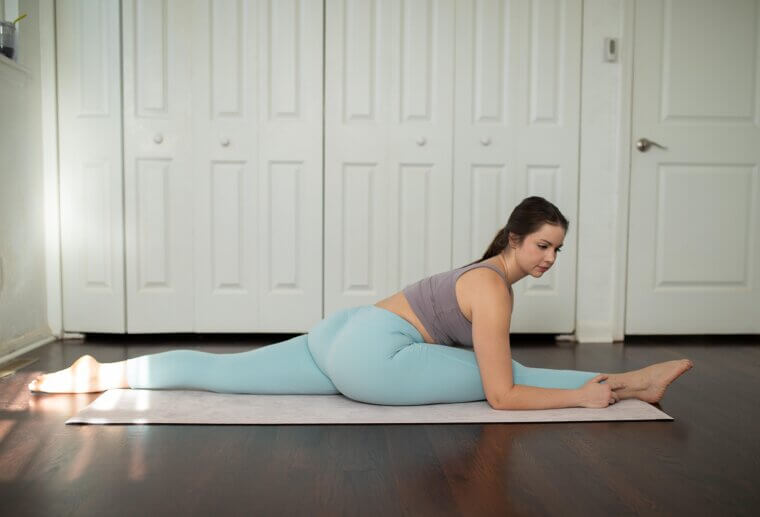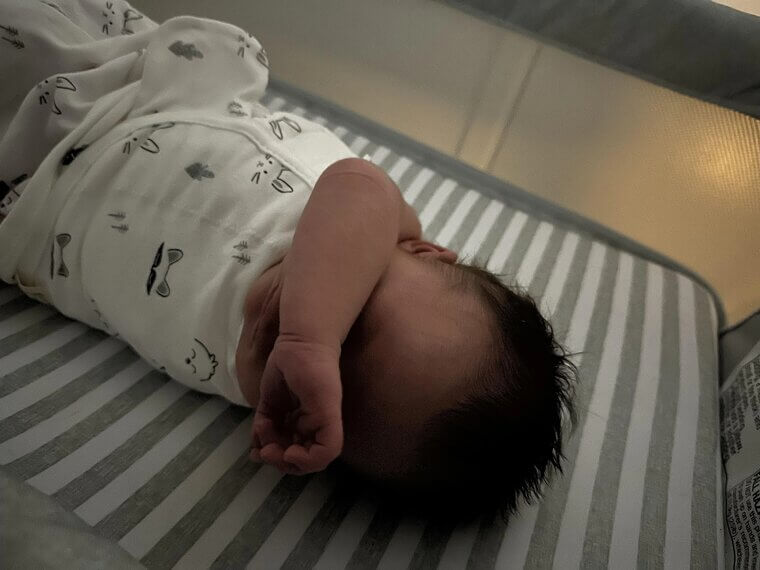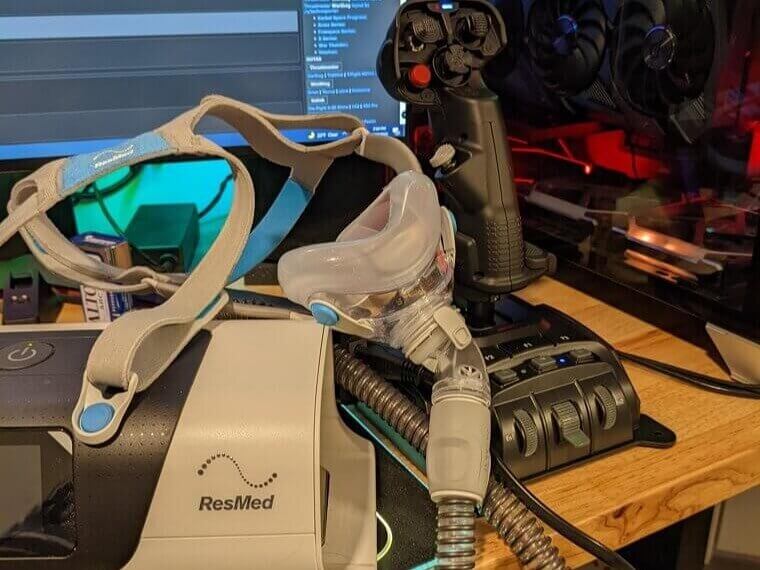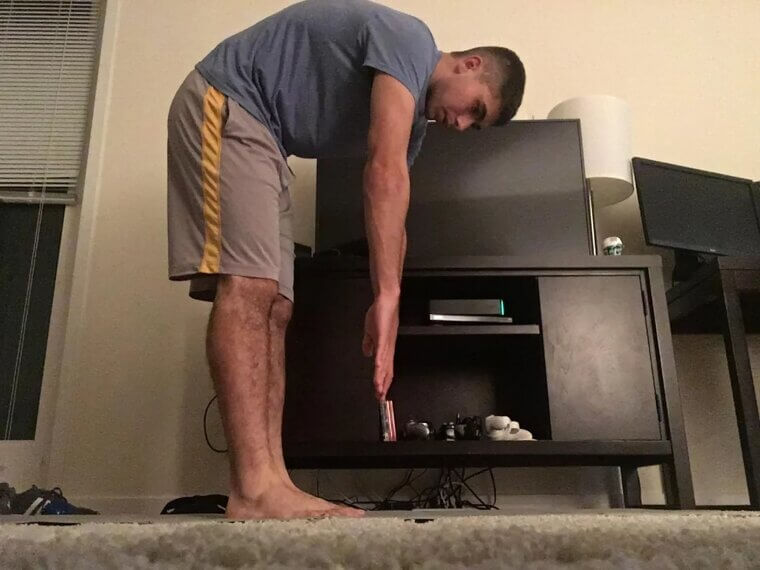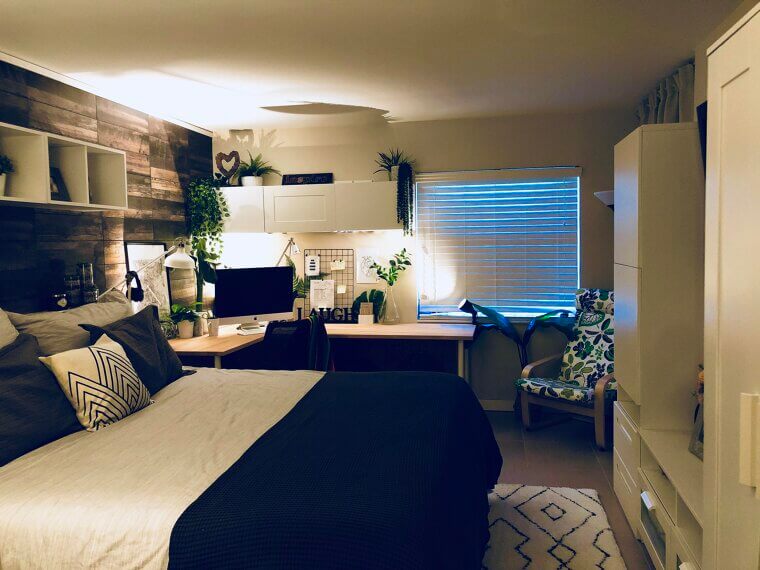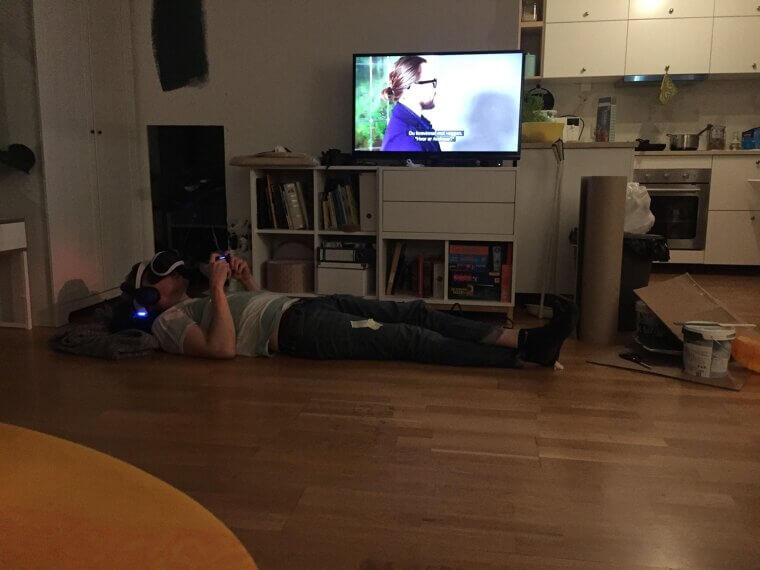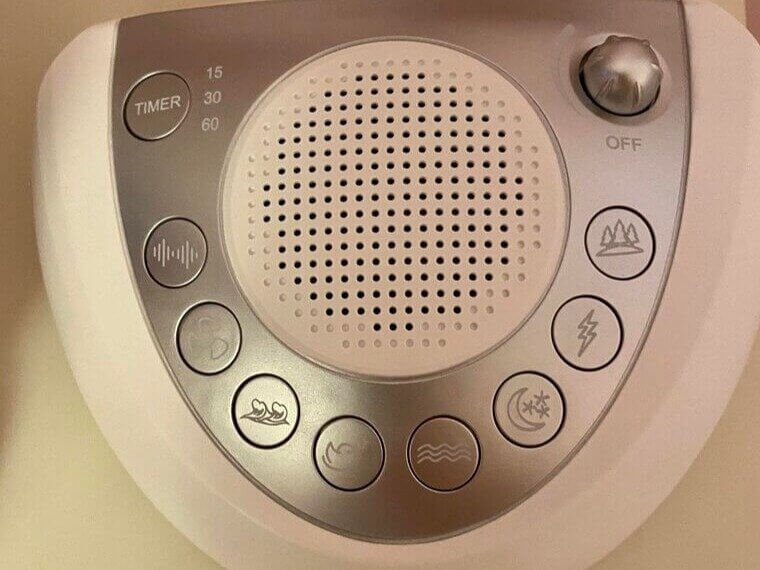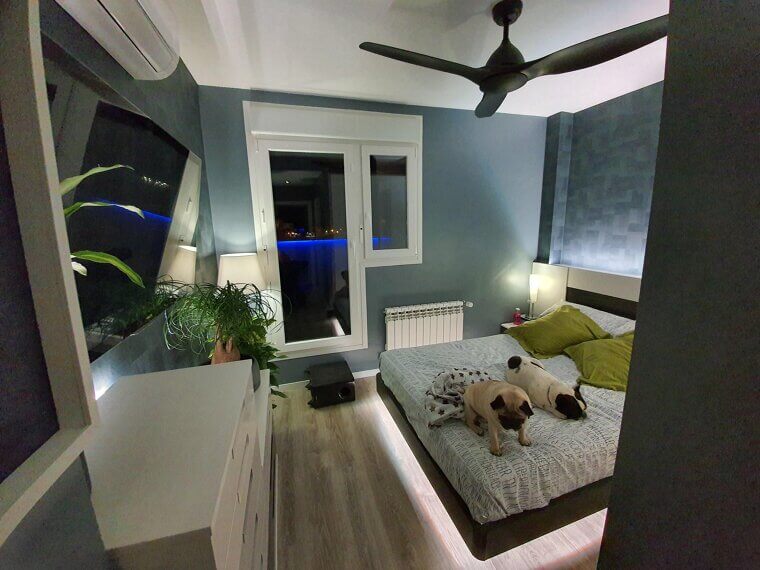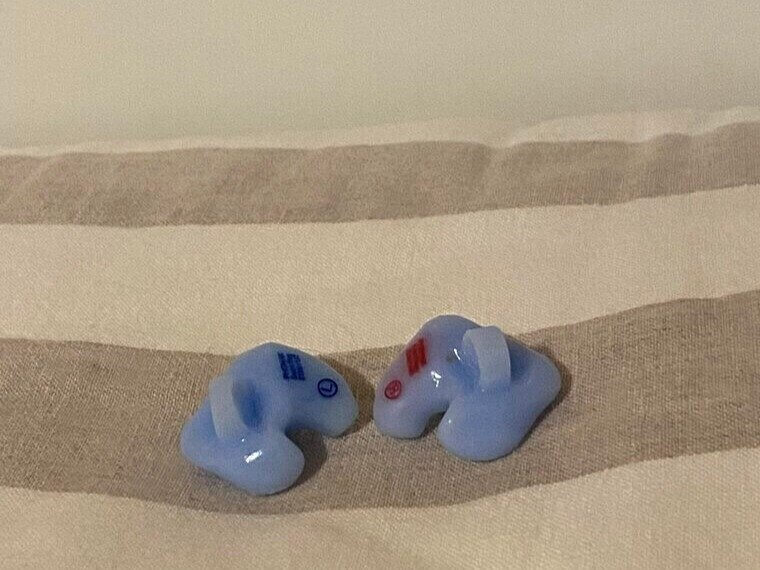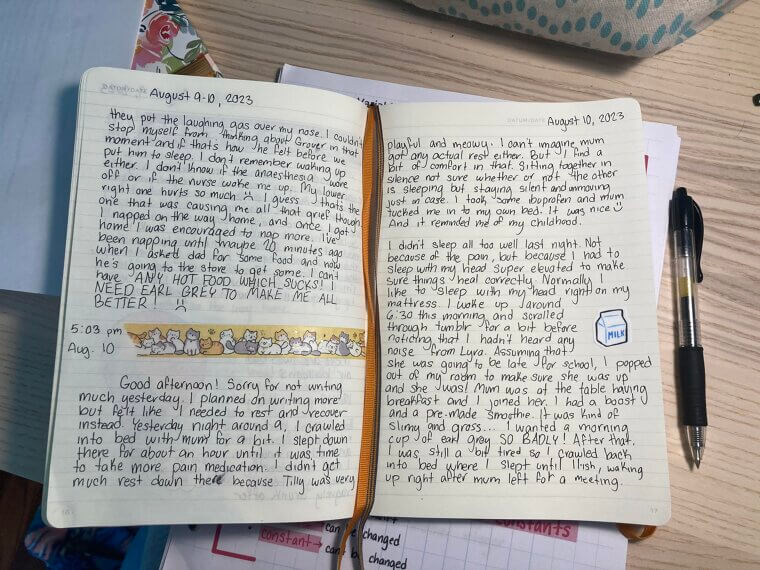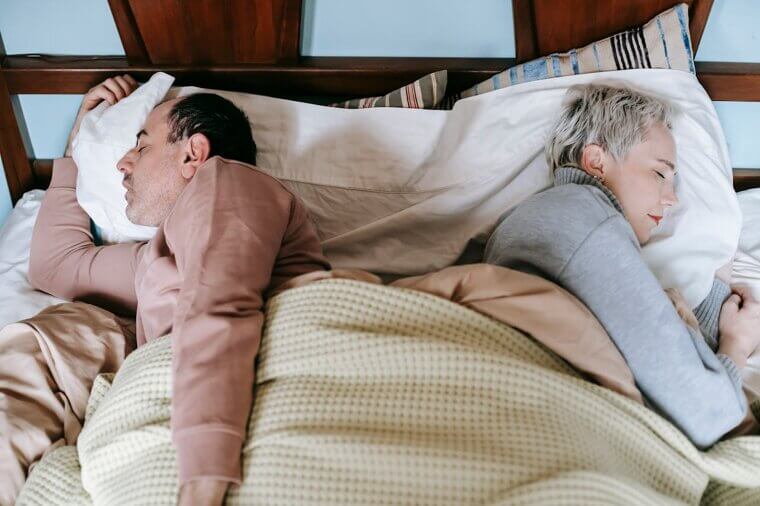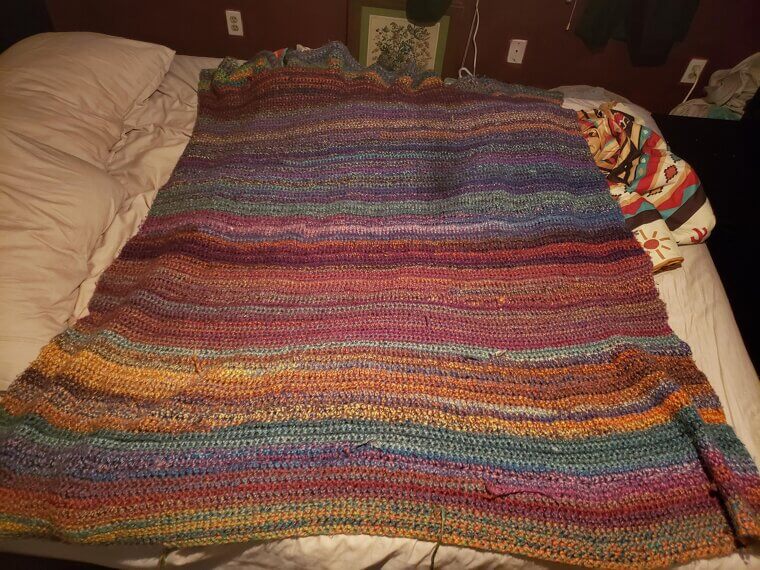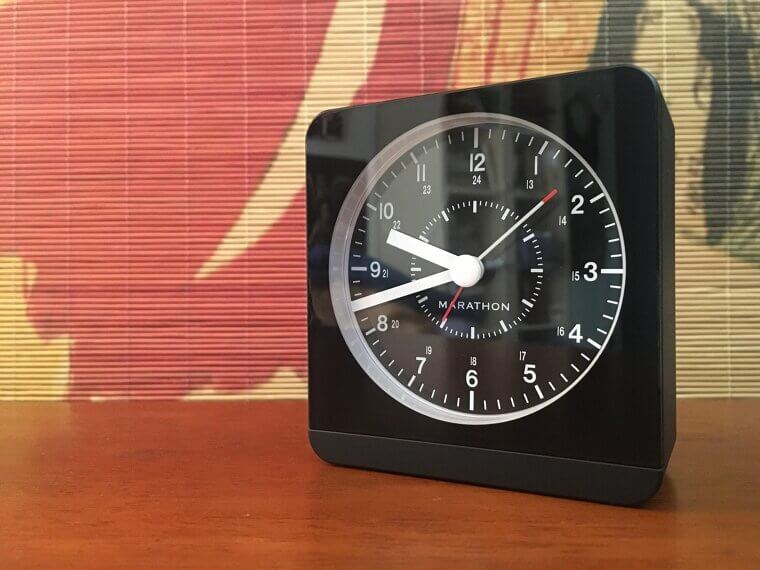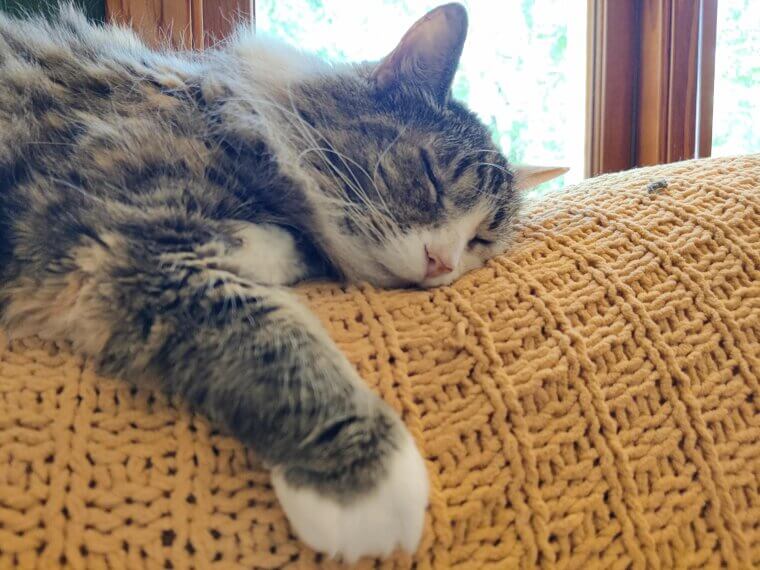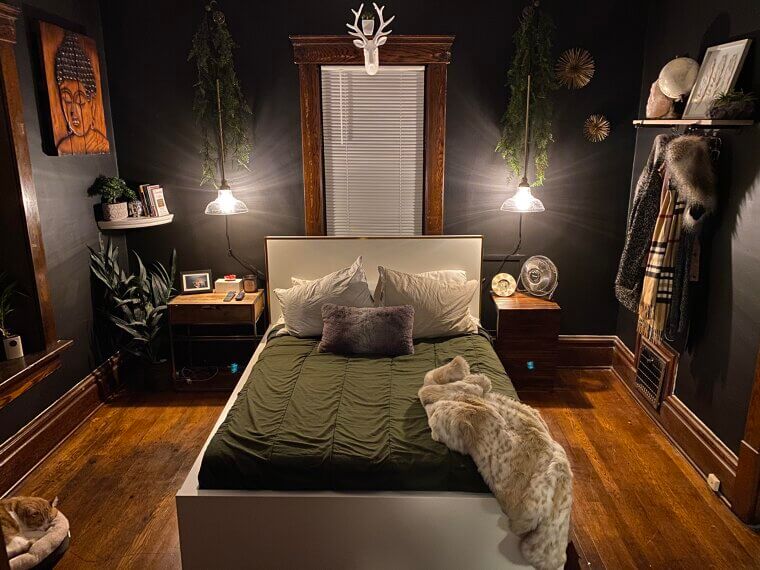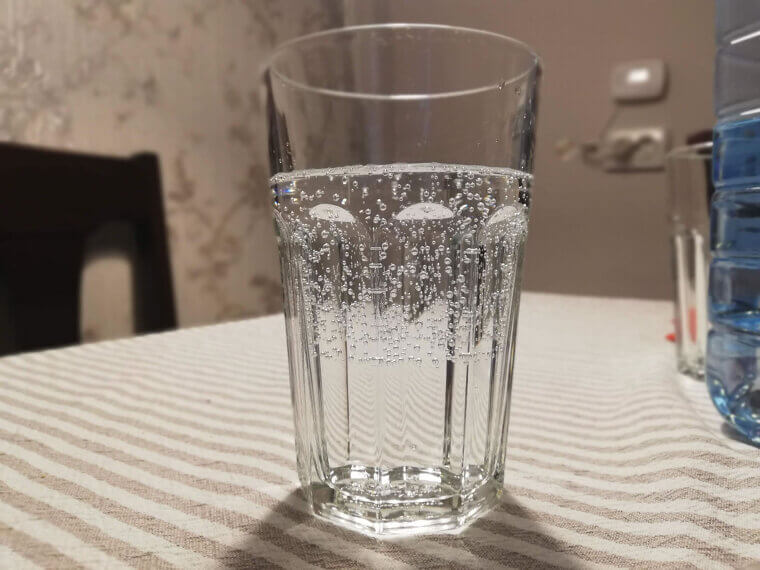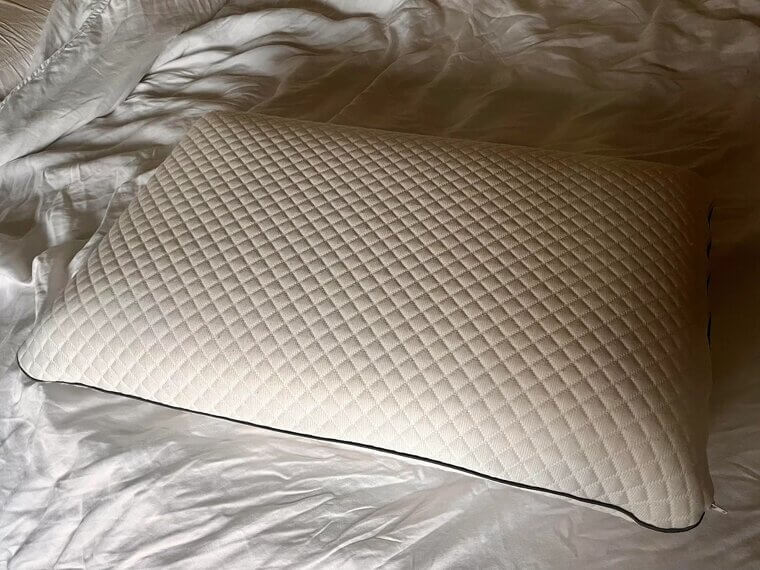You Fall Asleep Slower
As we get older, it takes longer to drift off to sleep at night. Either your mind stays busy, or your body just isn’t as ready to shut down fast. Try a new bedtime routine that really helps you unwind. Dim the lights, read something, or listen to calm music.
You Wake Up More Often
Older people generally wake up a few times during the night. It could be from noises, body aches, or needing to use the bathroom. A good trick is to keep your bedroom dark, quiet, and cool. Use soft sheets and a comfy pillow. Little changes often make a big difference.
You Wake Up Earlier
Did you know that your internal clock shifts a bit earlier the older you get? You might just find yourself waking up before sunrise. Go to bed earlier if you need more rest, or use the quiet mornings to read, do a few stretches, or just enjoy a slow start.
You Nap More During the Day
Feeling sleepy in the afternoon is all too common as you get older. A short nap can refresh you, but long ones might mess up your night's sleep. Keep daytime naps to under 30 minutes and avoid sleeping too late in the day. A catnap works wonders.
Your Sleep Becomes Lighter
If you find yourself not sinking into that deep, heavy sleep like you used to, you’re not alone. So many people experience this as they age. Try cutting out caffeine and alcohol later in the day, and keep your bedroom peaceful.
You Produce Less Melatonin
Your body naturally makes less melatonin as you age. This is the hormone that helps you feel sleepy. Try dimming the lights an hour before bed and avoiding all screens. You can also talk to your doctor about trying a melatonin supplement.
You Feel Less Sleepy at Night
Sometimes, your body just doesn’t get the natural “I’m tired” signal anymore. Staying up too late watching TV or scrolling on your phone really doesn’t help. Try to keep a steady bedtime and wake-up time every day. Your body loves consistency, which in turn helps you sleep better.
You Get Up to Use the Bathroom More
Getting up to use the bathroom during the night is super common as you get older. One thing you can do is try not to drink much an hour before bed and limit your caffeine intake in the evening. If it happens a lot, talk to your doctor.
You Feel Sleepy Earlier in the Evening
You might start yawning right after dinner or nodding off during your favorite show. Don’t panic! It’s normal as you age and your body’s clock starts winding down sooner. Try taking a short walk in the park to get some fresh air and keep your bedtime routine steady.
You Wake Up Feeling Less Refreshed
Even after a full night’s sleep, you might wake up groggy or tired. That’s because deep sleep—the most restorative kind—decreases with age. Morning sunlight, stretching, and gentle movement can help reset your energy and make mornings a little easier and brighter.
You Dream Less
Dreams come from REM sleep, and you get less of that as you age. Fewer dreams can make sleep feel lighter or less satisfying. A calm mind before bed helps you stay in REM longer—try deep breathing, a warm bath, or light reading before bed.
You Snore More
Snoring often gets louder or more frequent as we age because the muscles in our throat relax more at night. Sleeping on your side or using a wedge pillow can help keep your airways open. If you wake up tired, ask your doctor about sleep apnea.
You Experience More Sleep Apnea
Breathing pauses during sleep—called sleep apnea—can become more common with age. Although it often goes unnoticed, it causes a significant amount of daytime fatigue. If you snore loudly or wake up gasping, get it checked out. Simple treatments can make a big difference in how rested you feel.
You Move More During Sleep
Older adults often toss and turn more. You might change positions or wake up briefly without realizing it. Gentle stretching or light yoga before bed can calm your muscles and make you feel more relaxed when you finally drift off.
You Have More Joint or Back Pain
Aging joints and muscles can make finding a comfy position harder. Pain can either wake you up or prevent you from falling asleep. Try a supportive mattress or body pillow to ease pressure points. Gentle evening stretches can also help you relax before bed.
You May Develop Restless Legs
That weird, tingly feeling in your legs that makes you want to move can get worse at night. It’s called restless legs syndrome. Avoid caffeine, alcohol, and screens close to bedtime. Light stretching and warm baths can help calm your legs down.
You Spend Less Time in Deep Sleep
Deep sleep is when your body really repairs itself, and you’ll naturally get less of it with age. But you can still improve it. Keep your bedroom dark, cool, and quiet. A white noise machine might help, too, so give it a try.
You Wake up Hot or Sweaty
Hormone changes, like those during menopause, can cause pesky night sweats and hot flashes that keep you awake. Try lightweight, breathable bedding and keep your bedroom cool with a fan. Avoid spicy food and alcohol before bed, as they can worsen the condition.
You Feel More Tired During the Day
If you don’t sleep deeply at night, you’ll feel super drained during the day. A good dose of fresh air, some gentle exercise, and a great sleep routine can help you feel more awake. Avoid too much caffeine—it can mess up your next night’s rest.
You Become More Sensitive to Noise
As your sleep gets lighter, little sounds—like traffic or a creaky floor—can wake you easily. Try earplugs or use a white noise machine to block out disruptions. Even a fan can help create a steady hum that lulls you to sleep.
You May Feel Anxious at Bedtime
It’s common for your mind to start racing the moment you lie down. Worrying about family, health, or tomorrow’s plans can keep you up. Try deep breathing, journaling, or a few minutes of calm music to relax your thoughts and clear your mind before bed.
You Use More Medications
More and more people take medications as they age, and some can interfere with sleep. If you notice your sleep patterns changing after starting something new, talk to your doctor. Sometimes adjusting the time you take it or switching brands can help you rest better.
You May Have More Vivid Dreams
Certain medications or stress can cause strong, detailed dreams. These can be interesting, or even a bit unsettling. Avoid heavy meals or alcohol before bed, and try to go to sleep relaxed. Keeping a dream journal can also help if they start to bother you.
You Find It Harder to Sleep in New Places
Older adults often experience poor sleep when traveling or staying in new locations. Your brain remains slightly more alert in unfamiliar settings. Bring along your pillow, blanket, or even your favorite scent - it helps your body feel safe and comfortable as you drift off to sleep.
You Lose Track of Your Natural Rhythm
After retirement or lifestyle changes, you might no longer have regular routines. That can throw off your body clock. Try to wake up, eat meals, and go to bed around the same time every day. Your body loves rhythm, and it keeps your energy steady.
You May Feel Sleepy After Eating
Your digestion slows down with age, which can make you sleepy after big meals. That’s why you might want to nap after dinner. Eat lighter in the evening, and don’t lie down right after eating. A short walk helps digestion and keeps you alert.
You Rely More on Screens for Entertainment
Watching TV or scrolling through your phone before bed can keep your brain active and block melatonin. Try turning off screens an hour before bed. Use that time to stretch, read, or listen to calm music. It’ll help you fall asleep faster.
You Nap to “catch Up” on Poor Sleep
When you don’t sleep well at night, it’s tempting to nap during the day. But too much napping can make things worse. Try fixing your nighttime sleep instead. Keep naps short and early so you’ll feel tired again when bedtime comes.
You Might Develop Insomnia
Insomnia is common with age, and you might have trouble falling or staying asleep. It can be frustrating, but there’s help. Stick to a steady routine, keep your room dark and cool, and avoid lying in bed worrying about things. If it continues, talk to your doctor.
You Wake up With Dry Mouth
Mouth breathing or snoring can leave you with a dry mouth in the morning. Use a humidifier, drink water during the day, and try nasal strips at night to help you breathe easier. Staying hydrated makes a big difference and will help you get better sleep.
You Have More Vivid or Confusing Dreams
Some people find that their dreams get strange or confusing as they age. This can happen from medications or changes in brain chemistry. Try keeping your evenings calm and your sleep area cozy. Avoid screens before bed, as they can awaken your imagination too much.
You Wake up Stiffer or Sore
Staying in one position all night can leave you feeling stiff in the morning. A supportive mattress, a few gentle stretches, or a short early morning walk after waking up can really help loosen things up. Your body just needs a little movement to feel better.
You Stop Valuing Sleep as Much
Some people think that poor sleep is just a normal part of getting older, but it’s not. Good quality rest helps your heart, brain, and mood. Don’t give up on good sleep. Small changes, such as setting a consistent bedtime or using a better pillow, can make a big difference.

